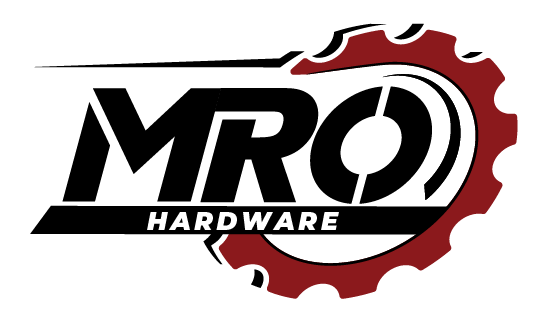Vendor Managed Inventory (VMI) is a supply chain strategy where the vendor or supplier takes responsibility for managing and replenishing a customer’s inventory based on pre-established minimum and maximum levels. Instead of the customer placing orders, the vendor monitors stock levels, tracks demand, and restocks as necessary, ensuring that inventory remains optimized. VMI is widely used in industries such as manufacturing, retail, healthcare, and automotive, where timely availability of materials and products is crucial to maintaining seamless operations.
How VMI Reduces Costs and Labor
VMI significantly reduces costs and labor for the customer by shifting the responsibility of inventory management to the vendor. This model minimizes stockouts, lowers holding costs, and reduces the need for manual inventory tracking. In a VMI setup, vendors use real-time data to monitor inventory levels, often through shared software platforms, allowing them to forecast demand accurately and avoid overstocking or understocking.
For example, in the manufacturing industry, VMI helps reduce storage costs by only keeping essential parts on hand. This reduces the space needed for warehousing and cuts down on costs associated with handling excess stock. Additionally, labor costs are reduced as employees spend less time on inventory management and more time focusing on other areas of production or customer service.
Advantages of Vendor Managed Inventory (VMI)
1. Improved Inventory Efficiency
With VMI, vendors have direct access to inventory data, allowing them to replenish stock as needed. This streamlines the replenishment process, minimizes stockouts, and reduces the risk of overstocking. In industries with high demand variability, VMI ensures that the right products are available when needed, boosting inventory efficiency.
2. Enhanced Supplier-Customer Relationship
VMI fosters stronger collaboration between suppliers and customers, as vendors are more actively involved in the customer’s supply chain. This close relationship often leads to better communication, faster response times, and a more tailored approach to inventory management. For example, in the automotive industry, VMI suppliers work closely with manufacturers to ensure a steady supply of parts, enabling faster production cycles.
3. Lower Holding Costs
Since VMI reduces the amount of inventory stored on-site, it lowers warehousing and holding costs. Vendors replenish inventory only when it reaches a specified level, avoiding excess stock that ties up capital and increases storage expenses. This is especially valuable in industries where storage costs can be high, such as retail, where limited space and fluctuating demand make it challenging to maintain efficient stock levels.
4. Reduced Risk of Stockouts
With the vendor actively monitoring inventory levels, the risk of stockouts is minimized. In healthcare, for example, VMI can ensure that essential medical supplies are always available, reducing the risk of delays in patient care. The vendor is aware of demand trends and adjusts stock levels accordingly, keeping essential items on hand.
5. Increased Focus on Core Business Activities
VMI allows companies to offload the labor-intensive task of inventory management, enabling employees to focus on core business functions like production, customer service, and sales. By relying on the vendor’s expertise, companies can streamline their operations and improve overall productivity.
Examples of VMI in Action
- Retail: In retail, VMI allows suppliers to manage in-store inventory for retailers, ensuring that products are replenished based on demand. This approach not only improves stock availability for consumers but also reduces the burden on retail staff.
- Manufacturing: In manufacturing, VMI suppliers ensure that raw materials and components are readily available on the production line, minimizing downtime and increasing production efficiency.
- Healthcare: Healthcare providers use VMI for critical medical supplies. This ensures essential items like gloves, syringes, and medications are available without requiring hospital staff to track inventory manually.
Conclusion
Vendor Managed Inventory (VMI) is a strategic approach to inventory management that benefits both vendors and customers. By transferring inventory management responsibilities to vendors, VMI reduces costs, minimizes stockouts, and enhances supplier-customer collaboration. From retail and manufacturing to healthcare, VMI offers a practical solution for industries that rely on efficient inventory management. For companies seeking to streamline operations, reduce holding costs, and maintain optimal stock levels, VMI is a valuable approach that supports productivity, customer satisfaction, and overall operational success.

